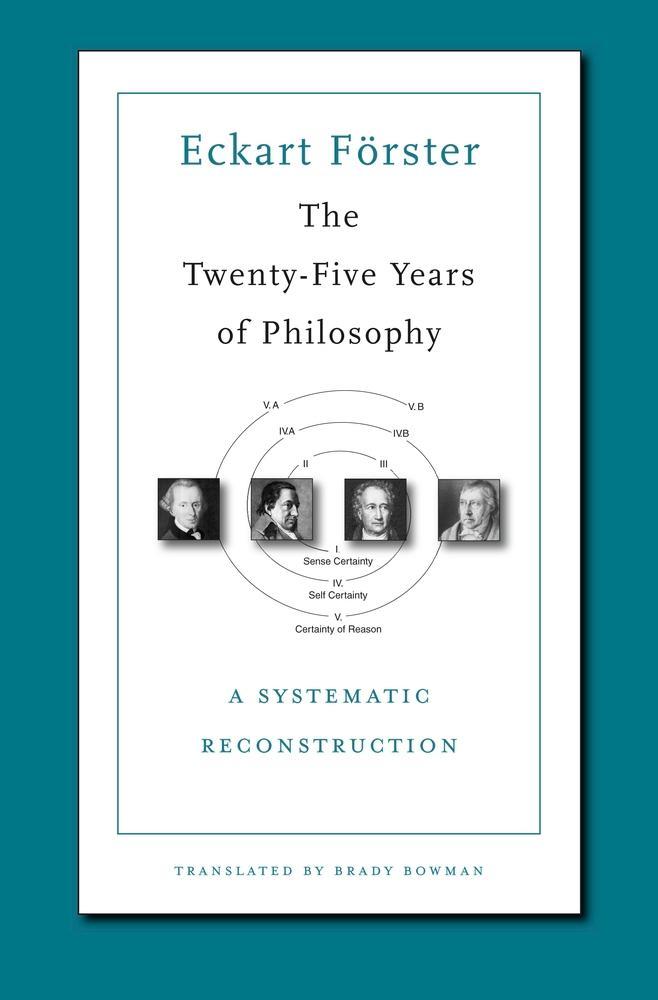Twenty-Five Years of Philosophy

Twenty-Five Years of Philosophy
"Presents a novel interpretation of the development of German idealism that is rich in both historical depth and philosophical insight...F rster sets forth a historically nuanced and philosophically discerning interpretation of the central debates of the era."
--Peter Yong, Philosophy in Review
"[F rster's] book does not disappoint...The amount of material covered by F rster is impressive...F rster's book is rich in specificity...Wherever the discussion goes, it is going to have to go on by taking F rster's big picture and all his detailed accounts into account."
--Terry Pinkard, Notre Dame Philosophical Reviews
"F rster's command of the historical sources is most impressive. Moreover, this book is clearly written, and Bowman's translation is commendable. Scholars and graduate students will welcome this masterpiece."
--J. M. Fritzman, Choice
PRP: 189.45 Lei
Acesta este Prețul Recomandat de Producător. Prețul de vânzare al produsului este afișat mai jos.
170.50Lei
170.50Lei
189.45 LeiLivrare in 2-4 saptamani
Descrierea produsului
"Presents a novel interpretation of the development of German idealism that is rich in both historical depth and philosophical insight...F rster sets forth a historically nuanced and philosophically discerning interpretation of the central debates of the era."
--Peter Yong, Philosophy in Review
"[F rster's] book does not disappoint...The amount of material covered by F rster is impressive...F rster's book is rich in specificity...Wherever the discussion goes, it is going to have to go on by taking F rster's big picture and all his detailed accounts into account."
--Terry Pinkard, Notre Dame Philosophical Reviews
"F rster's command of the historical sources is most impressive. Moreover, this book is clearly written, and Bowman's translation is commendable. Scholars and graduate students will welcome this masterpiece."
--J. M. Fritzman, Choice
Detaliile produsului











